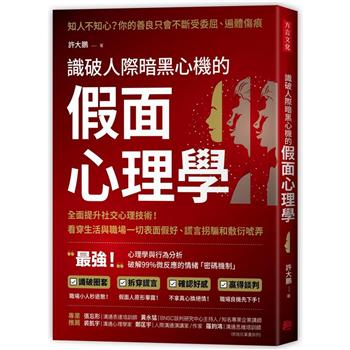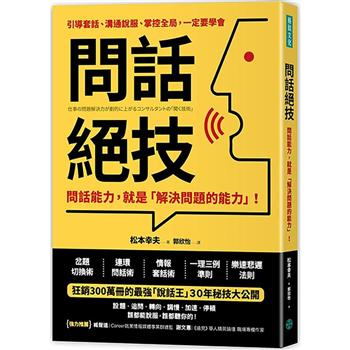Focusing on the discipline of political science, this collection examines what is at stake in contesting the boundaries of the contemporary university. As the study of politics and political life, the mainstream of the discipline has examined power in the institutions and processes of government. But if the personal is political, political science is about much more than what happens in those institutions. This collection draws together personal essays, pedagogical interventions, dialogues, and original research to reflect on how "feministing" as an orientation and as an analytic can centre experiential knowledge and reshape our understandings of political science. Collectively, these contributions lay bare the ways that power moves in and through the academy, naming the impacts on those who are most structurally precarious, all while pointing to potential futures made possible by refusal, solidarity, and hope.
Contributors: Yasmeen Abu-Laban, Julianne M. Acker-Verney, Kelly Aguirre, Jeanette Ashe, Nicole S. Bernhardt, Amanda Bittner, Alana Cattapan, Elaine Coburn, Jamilah A.Y. Dei-Sharpe, Rita Kaur Dhamoon, Alexandra Dobrowolsky, Nick Dorzweiler, Tammy Findlay, Mariam Georgis, Emily Grafton, Joyce Green, Genevieve Fuji Johnson, Kiera L. Ladner, Lindsay Larios, Manon Laurent, Fiona MacDonald, April Mandrona, Kimberley Ens Manning, Sarah Munawar, Nisha Nath, Michael Orsini, Stephanie Paterson, Tka C. Pinnock, David Semaan, Gina Starblanket, Heidi Kiiwetinepinesiik Stark, Melanee Thomas, Reeta Chowdhari Tremblay, Ethel Tungohan, Nadia Verrelli, Leah F. Vosko, Chamindra Weerawardhana.| FindBook |
有 1 項符合
Feministing in Political Science的圖書 |
 |
Feministing in Political Science 出版社:University of Alberta Press 出版日期:2024-05-29 語言:英文 規格:平裝 / 416頁 / 22.86 x 15.24 x 2.54 cm / 普通級/ 初版 |
| 圖書館借閱 |
| 國家圖書館 | 全國圖書書目資訊網 | 國立公共資訊圖書館 | 電子書服務平台 | MetaCat 跨館整合查詢 |
| 臺北市立圖書館 | 新北市立圖書館 | 基隆市公共圖書館 | 桃園市立圖書館 | 新竹縣公共圖書館 |
| 苗栗縣立圖書館 | 臺中市立圖書館 | 彰化縣公共圖書館 | 南投縣文化局 | 雲林縣公共圖書館 |
| 嘉義縣圖書館 | 臺南市立圖書館 | 高雄市立圖書館 | 屏東縣公共圖書館 | 宜蘭縣公共圖書館 |
| 花蓮縣文化局 | 臺東縣文化處 |
|
|
圖書介紹 - 資料來源:博客來 評分:
圖書名稱:Feministing in Political Science
內容簡介
作者簡介
Alana Cattapan is Assistant Professor of Political Science at the University of Waterloo. Ethel Tungohan is Associate Professor of Politics at York University. Nisha Nath is Associate Professor of Equity Studies at Athabasca University. Fiona MacDonald is Associate Professor of Political Science at the University of Northern British Columbia. Stephanie Paterson is Professor of Political Science at Concordia University.
|










